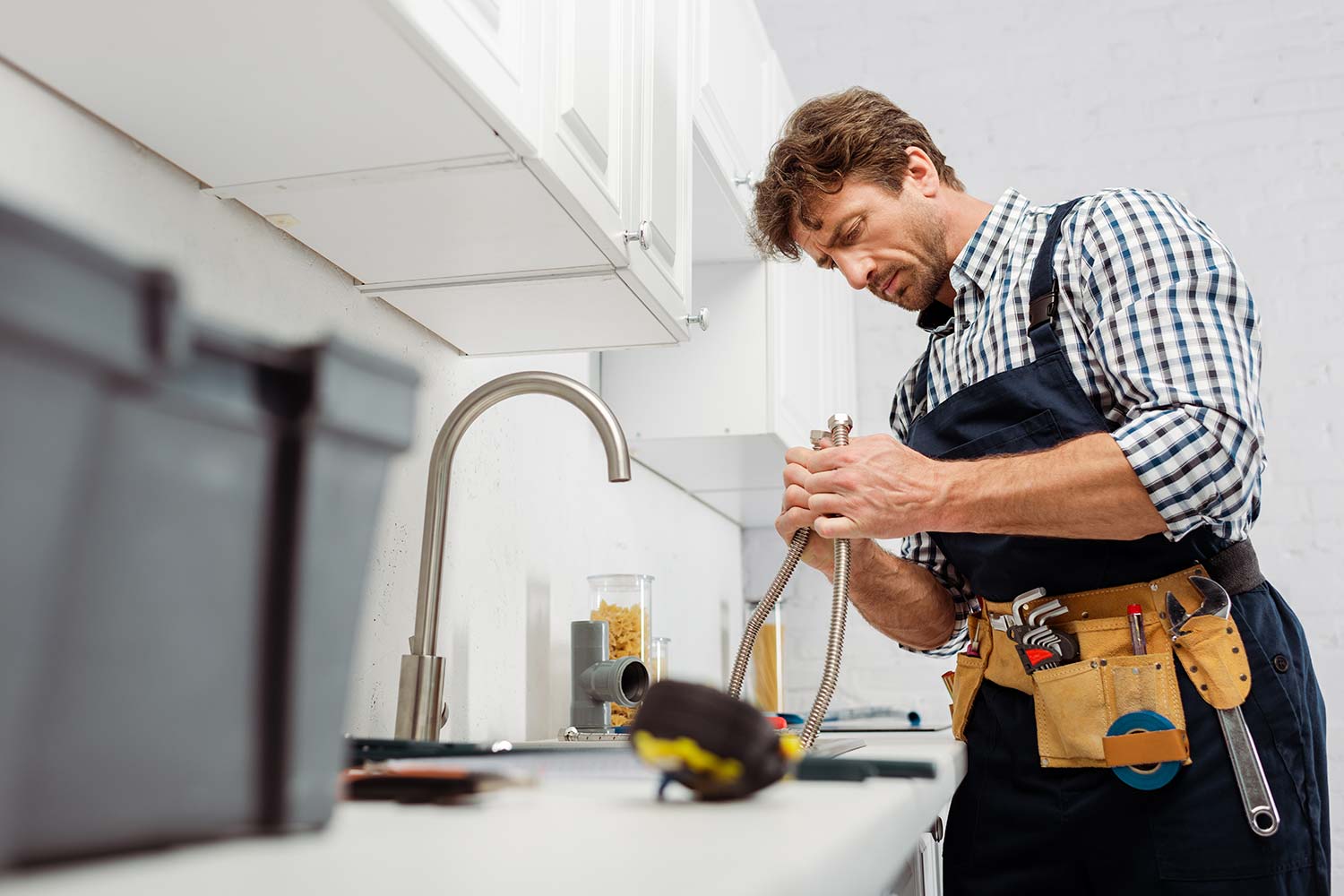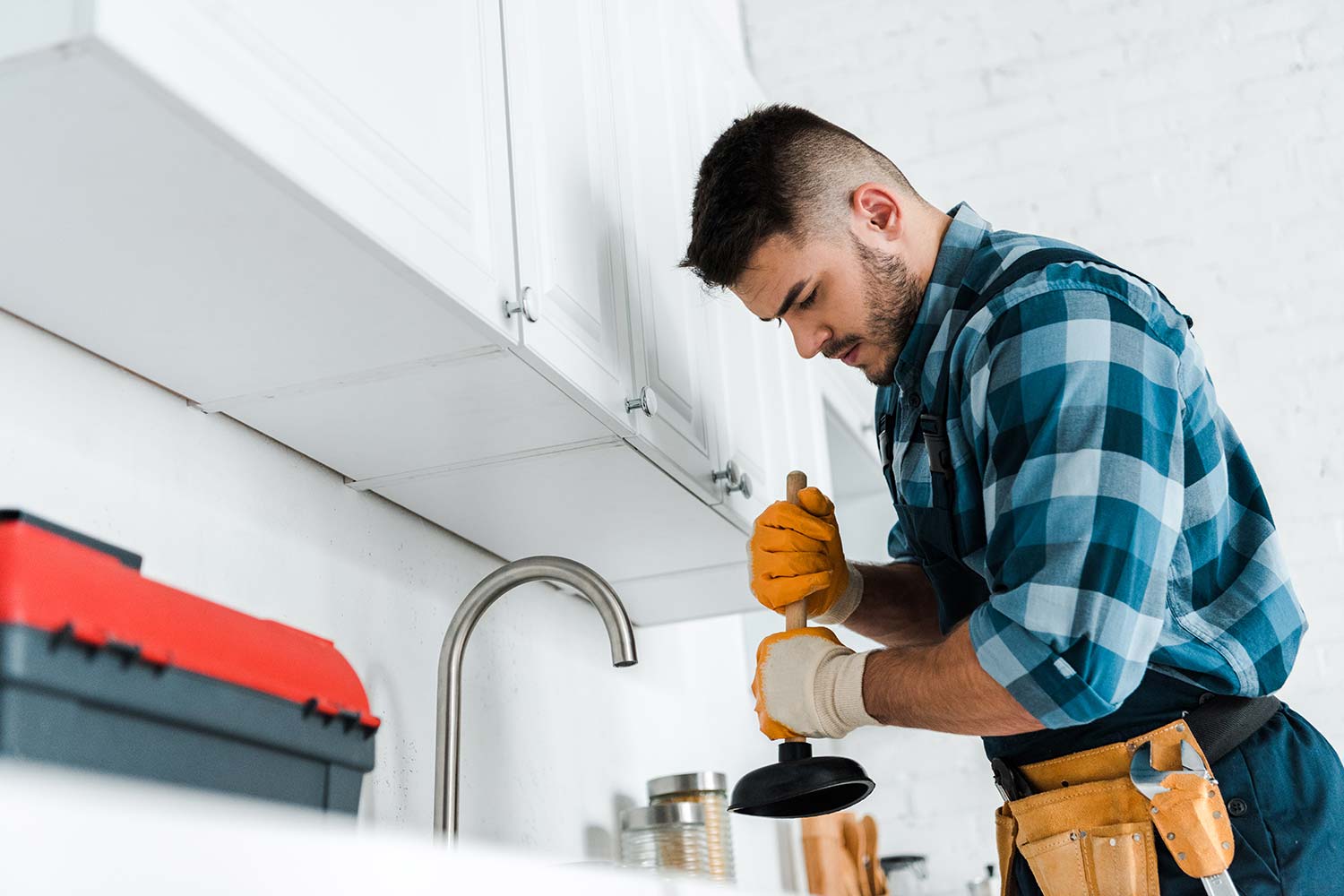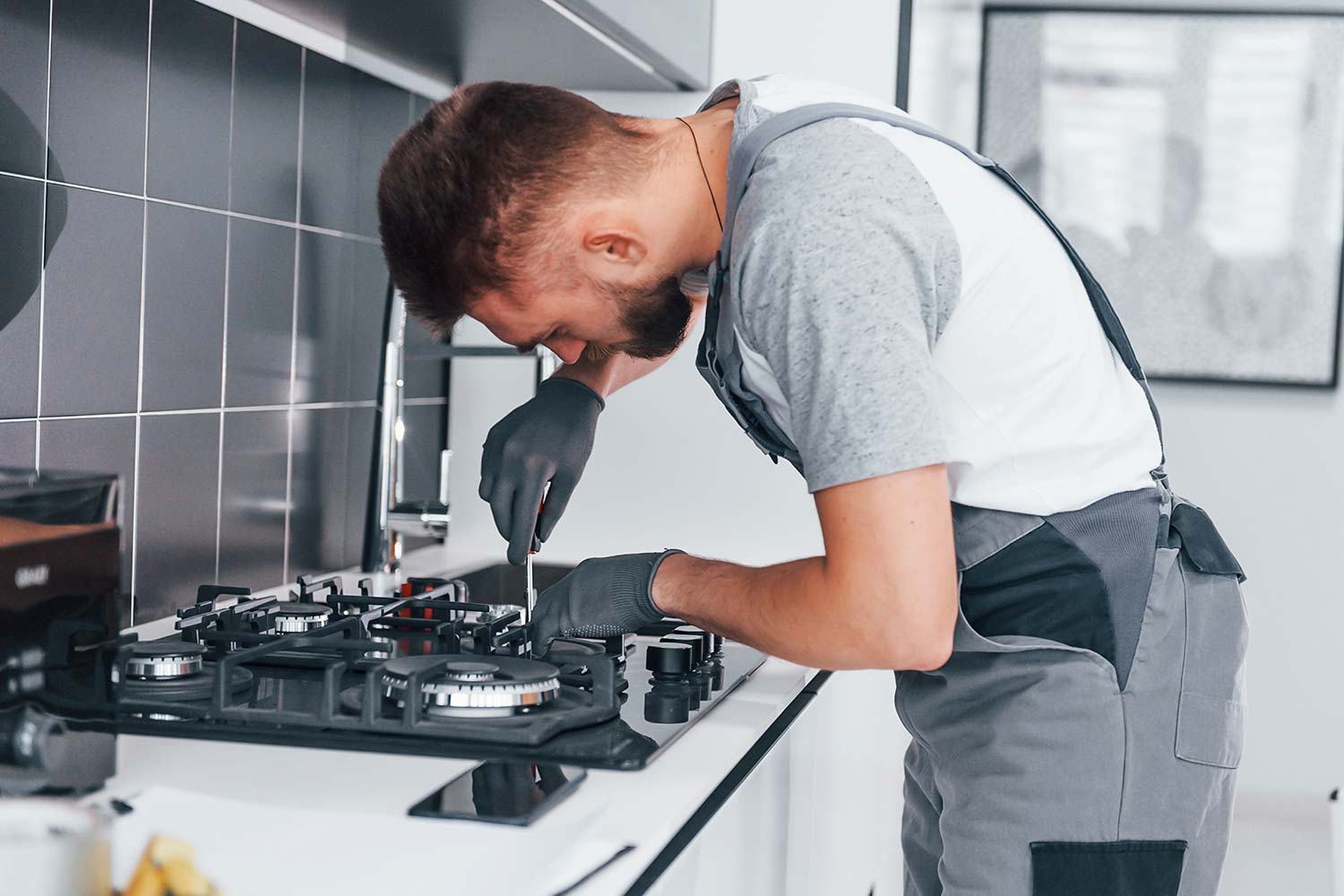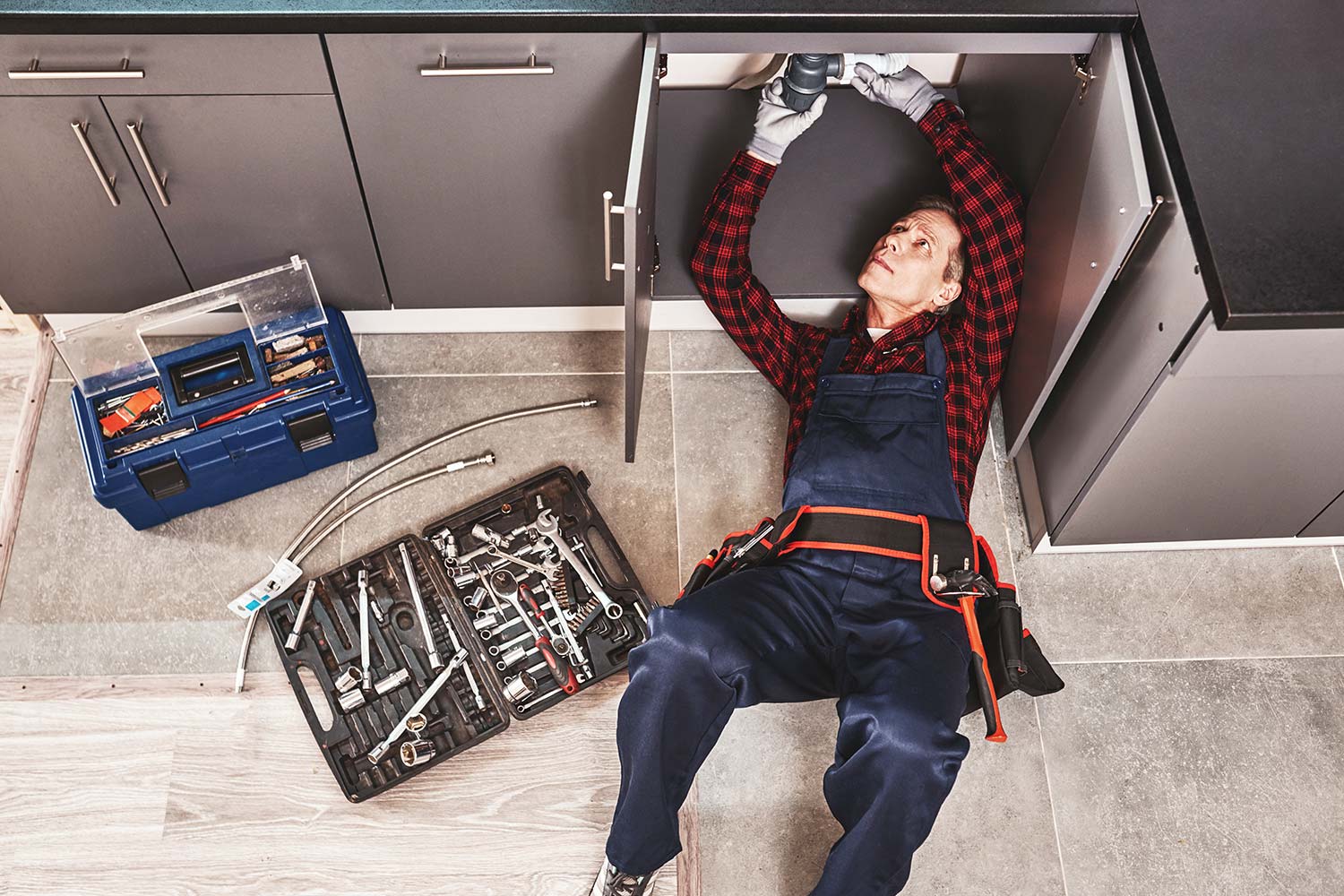Aging homes often come with charm and character, but they can also present unique plumbing challenges. Over time, pipes can deteriorate due to corrosion, mineral buildup, and wear, leading to leaks and reduced water quality. At McPhae Trade Services, we understand the importance of maintaining the plumbing in your home. Here are some signs that it may be time to consider replacing your pipes and upgrading your plumbing system.
1. Age of Your Pipes
Know Your Materials: The lifespan of plumbing pipes varies depending on the material used. Here’s a quick overview of common materials and their typical lifespans:
- Galvanized Steel: 20-50 years
- Copper: 50-70 years
- PVC: 25-40 years
- Cast Iron: 75-100 years
If your home has older plumbing made from materials like galvanized steel or polybutylene, it’s wise to consider replacement, especially if you’re experiencing frequent issues.
2. Frequent Leaks and Repairs
Constant Repairs: If you find yourself constantly repairing leaks or dealing with plumbing issues, it may indicate that your pipes are deteriorating. Frequent leaks can lead to costly water damage and mold growth, making it essential to address the underlying problem.
Assess Repair Costs: Keep track of your repair costs. If the expense of ongoing repairs is adding up, it might be more cost-effective to replace the entire plumbing system rather than continuing to patch up old pipes.
3. Discolored or Bad-Tasting Water
Color and Taste Issues: If your water is discolored, rusty, or has an unusual taste or odor, it may signal that your pipes are corroding. This is particularly common with older galvanized steel pipes. Contaminated water not only affects your health but can also damage your appliances.
4. Low Water Pressure
Inconsistent Pressure: If you experience low water pressure throughout your home, it could be due to mineral buildup or corrosion within the pipes. A professional plumber can assess whether a pipe replacement is necessary to restore proper water flow.
5. Cracked or Damaged Pipes
Visible Damage: Check for any visible signs of damage, such as cracks, bulges, or leaks in your plumbing system. If you notice any of these issues, it’s crucial to consult a professional to determine whether a replacement is needed.
Foundation Issues: If you observe cracks in your home’s foundation or walls, it could indicate a plumbing leak. Addressing the leak promptly and replacing damaged pipes can prevent further structural issues.
6. Increased Water Bills
Monitor Your Bills: If you notice a sudden spike in your water bills without an increase in usage, it could indicate a hidden leak in your plumbing system. A thorough inspection can help identify the source of the leak and determine whether a pipe replacement is necessary.
7. Outdated Plumbing Codes
Check Compliance: If your home’s plumbing system doesn’t meet current building codes, it may be time for an upgrade. Outdated materials, such as lead pipes or polybutylene, can pose health risks and should be replaced.
8. Renovation Considerations
Plan Ahead: If you’re planning a renovation that involves moving or updating plumbing fixtures, it’s an excellent opportunity to assess your existing pipes. Replacing old pipes during a renovation can save you from future headaches and ensure your plumbing system meets modern standards.
Conclusion
Maintaining the plumbing in your aging home is essential for ensuring the health and safety of your household. If you suspect your pipes may be nearing the end of their lifespan or if you’ve noticed any of the signs mentioned above, it’s time to consider a professional assessment. At McPhae Trade Services, our experienced team can help evaluate your plumbing system and recommend the best solutions for upgrades and replacements.
Don’t wait for minor plumbing issues to turn into major problems—contact McPhae Trade Services today for a thorough inspection and expert advice on upgrading your plumbing system!




